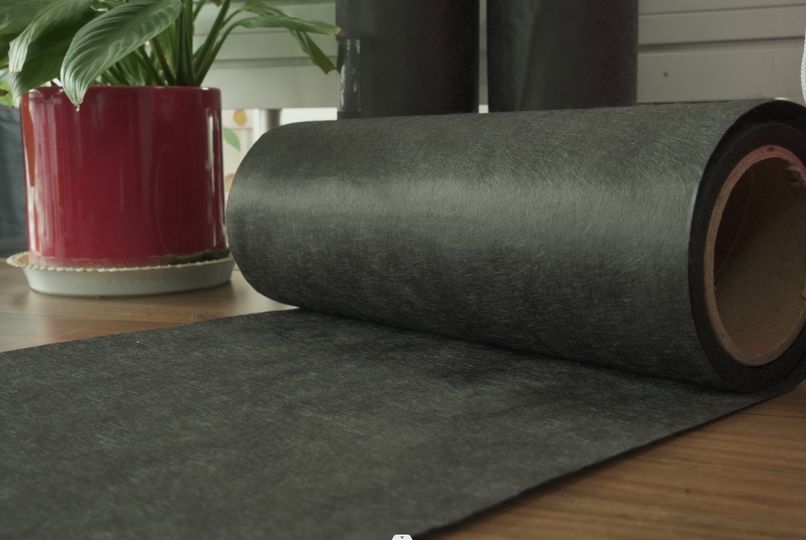Carbon fiber non-woven fabrics
Carbon fiber non-woven fabrics have good corrosion resistance because of their natural corrosion resistance and chemical inertness.
In extreme environments, such as high temperatures, strong acids, strong alkalis, etc., its corrosion resistance is also better than other non-woven fabrics.
Therefore, it’s widely used in some fields that require corrosion resistance, and high strength and rigidity.
Carbon fiber non-woven fabric offers several advantages, including:
Lightweight: Carbon fiber is known for its excellent strength-to-weight ratio, making non-woven fabrics ideal for applications that require high strength and stiffness while minimizing weight.
High Strength: Carbon fiber’s inherent strength provides the fabric with impressive mechanical properties, making it suitable for various demanding applications.
Chemical Resistance: Carbon fiber is highly resistant to corrosion and chemical degradation, making non-woven fabrics suitable for use in harsh environments.
Thermal Stability: Carbon fiber can withstand high temperatures, making non-woven fabrics suitable for applications where heat resistance is essential.
Electrical Conductivity: Carbon fibers exhibit electrical conductivity, which can be advantageous in specific applications, such as in the aerospace and automotive industries.
Carbon fiber non-woven fabrics find applications in a wide range of industries, including aerospace, automotive, sporting goods, construction, marine, and energy sectors. Common uses include structural components, reinforcement in composites, insulation, filtration, and heat shields, among others.
